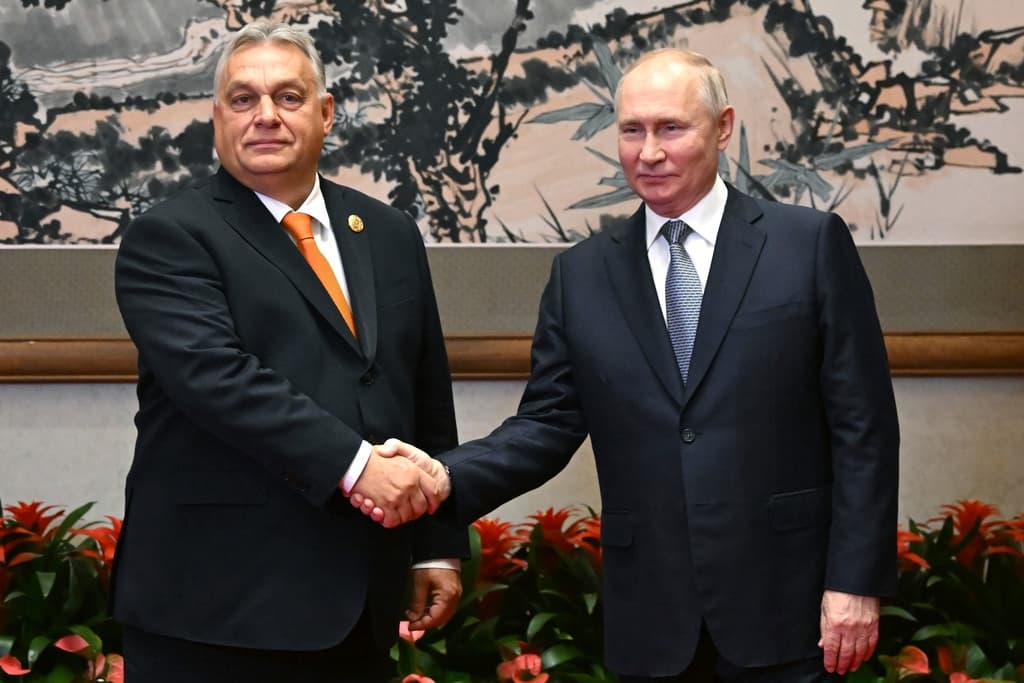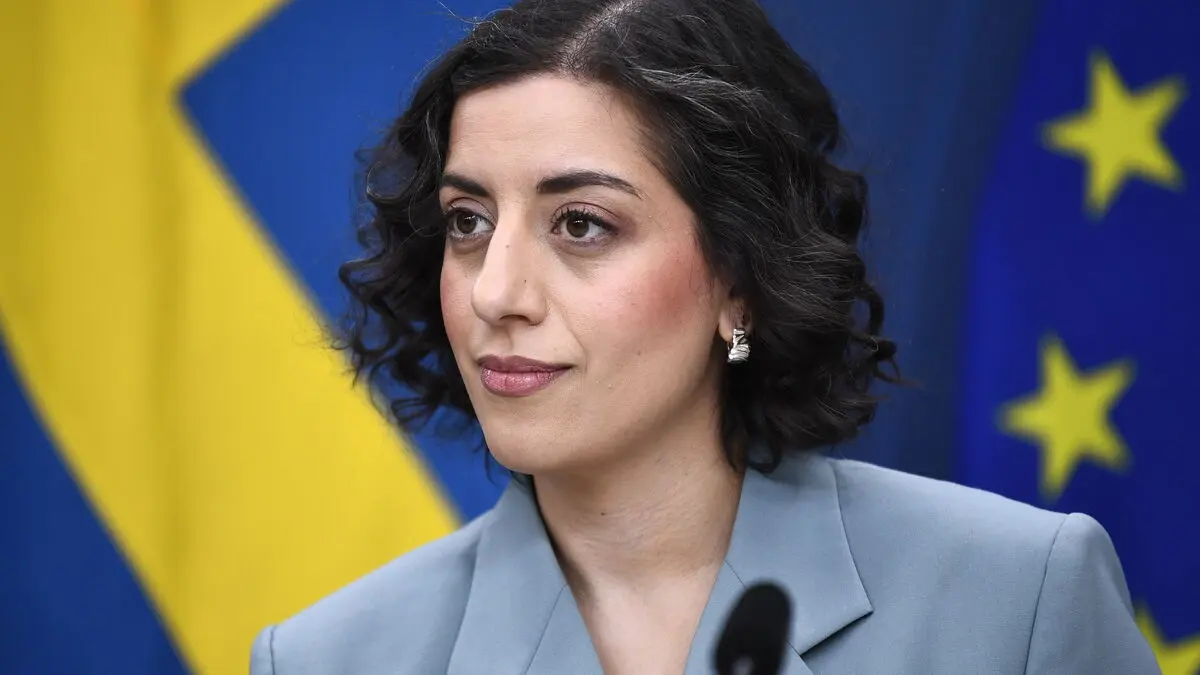What can Hungary do to put an end to Russia's war in Ukraine?
Skepticism is high as Prime Minister Viktor Orbán is on his way to Moscow.
Friday's visit to Russia has not yet been officially confirmed, but according to information from the Prague-based news site Radio Liberty/Radio Free Europe, Orbán will be accompanied by Foreign Minister Peter Szijjarto on the trip.
The visit takes place just a few days into Hungary's presidency of the EU Council of Ministers – and shortly after Orbán's visit to Ukrainian President Volodymyr Zelensky in Kiev.
He is said to have asked about the possibilities of at least some form of ceasefire to enable negotiations.
According to Zelensky's spokesperson Ihor Zjovka, the president listened but responded by expressing Ukraine's "clear, understandable and well-known position".
Ukraine has stated that it will only accept solutions that preserve the country's territorial integrity – i.e., control over all the areas occupied by Russia.
No Negotiating Mandate
Hungary's stance on the war has differed significantly from most other EU and NATO countries since the renewed attack in February 2022.
EU Council President Charles Michel emphasizes from Brussels that Orbán does not have a formal negotiating mandate.
"Russia is the aggressor. Ukraine is the victim. No discussions about Ukraine can take place without Ukraine," Michel writes on X.
The government in Budapest has resisted the many sanctions packages against Russia and refused to help Ukraine with weapons.
Russia Bears the Guilt
Government spokesperson Zoltán Kovács still claims that they, like other countries, place the blame on Russia.
We have been clear that this is a clear violation of international law, says Kovács at a meeting in Budapest with TT and other Brussels correspondents.
At the same time, Hungary believes it has a "popular mandate" from voters in the EU election to work for peace.
The Hungarian peace stance is very simple: stop the bloodshed, thousands have died, says Zoltán Kovács.
Orbán is said to be heading to Azerbaijan after his trip to Moscow for a summit with Turkish-speaking countries.






